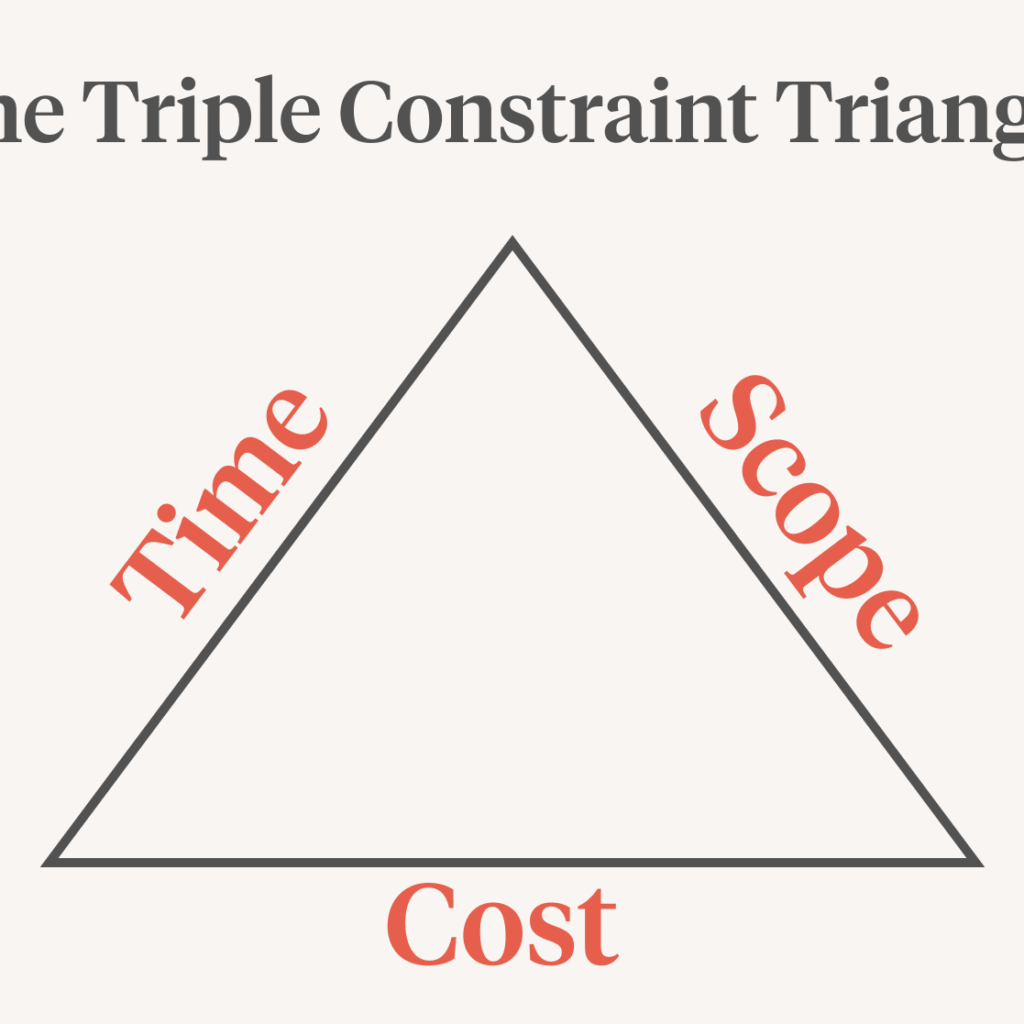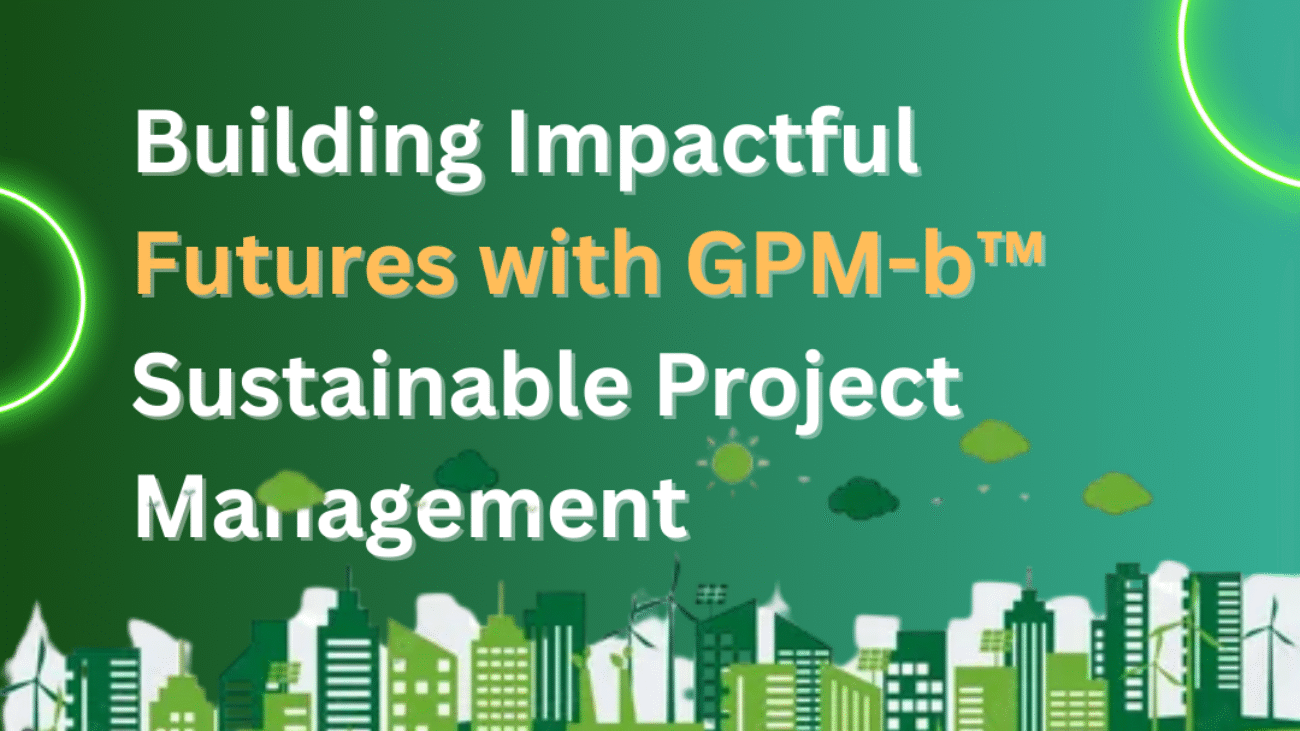In today’s rapidly evolving world, project management is no longer just about delivering on time, within scope, and on budget. Modern projects are expected to create long-lasting impact, drive responsible growth, and align with global sustainability standards. This is where the GPM-b™ (Green Project Management – Basics) certification becomes a game-changer. It empowers professionals with the knowledge and tools to embed sustainability into every stage of a project, ensuring not only business value but also environmental and social benefits.


Moving from Traditional to Sustainable Project Management
Traditional project management focuses on the “triple constraint”—scope, time, and cost. While these remain important, they no longer define success on their own. A project that is delivered on time but harms the environment or excludes community needs is not truly successful.
Sustainable project management expands this view by integrating:
- People: Ensuring fairness, inclusivity, and well-being.
- Planet: Minimizing environmental footprint and supporting ecological balance.
- Prosperity: Creating economic value without compromising future generations.
- Process: Applying transparent and ethical practices.
- Products: Designing deliverables that are safe, efficient, and sustainable.
This holistic perspective is captured in the P5 Standard, a core component of GPM-b™.
What Makes the GPM-b™ Certification Unique?
The GPM-b™ (Green Project Management – Basics) certification isn’t just another credential—it’s a movement toward embedding sustainability into the DNA of project work. What sets it apart is its ability to transform how project professionals think and act.
- Global Relevance: Recognized worldwide, it aligns with the United Nations Sustainable Development Goals (SDGs).
- Practical Application: Instead of theory-heavy learning, GPM-b™ equips professionals with tools they can apply immediately.
- Ethics and Responsibility: It emphasizes decision-making that prioritizes long-term impact, not just short-term results.
- Career Differentiation: With industries prioritizing ESG and green initiatives, certified professionals are positioned as leaders of the future.
Skills You Gain Through GPM-b™
By pursuing the certification, professionals strengthen skills that go beyond traditional project management. Some of the standout skills include:
- Sustainability Assessment – Learning to measure the environmental and social impact of project deliverables.
- Stakeholder Value Creation – Managing relationships not only with clients but also communities, regulators, and future users.
- Strategic Alignment – Ensuring projects directly support corporate ESG strategies and global sustainability standards.
- Risk and Resilience Management – Identifying risks tied to resource scarcity, compliance, or environmental changes.
- Leadership for Change – Inspiring teams and organizations to embrace sustainable approaches, even when it requires shifting mindsets.
Why Organizations Value GPM-b™ Professionals
Companies today are under pressure to report and deliver on sustainability and ESG metrics. Hiring or developing GPM-b™ certified professionals gives them a competitive edge by:
- Strengthening Reputation: Demonstrating responsibility to investors, regulators, and the public.
- Boosting Innovation: Driving eco-friendly solutions and sustainable design practices.
- Enhancing Profitability: Reducing waste and resource inefficiencies that lead to hidden costs.
- Future-Proofing: Building resilience against regulatory shifts, environmental risks, and changing market demands.
The Future of Project Management is Green
Project management is entering a new era where impact matters as much as output. Professionals who embrace GPM-b™ are not only delivering projects—they are building impactful futures. By balancing performance with responsibility, they become trusted leaders who help organizations meet both business and sustainability goals.
Created by Zain Malik | Blue Peaks Consulting

 Cart is empty
Cart is empty 
Add a Comment